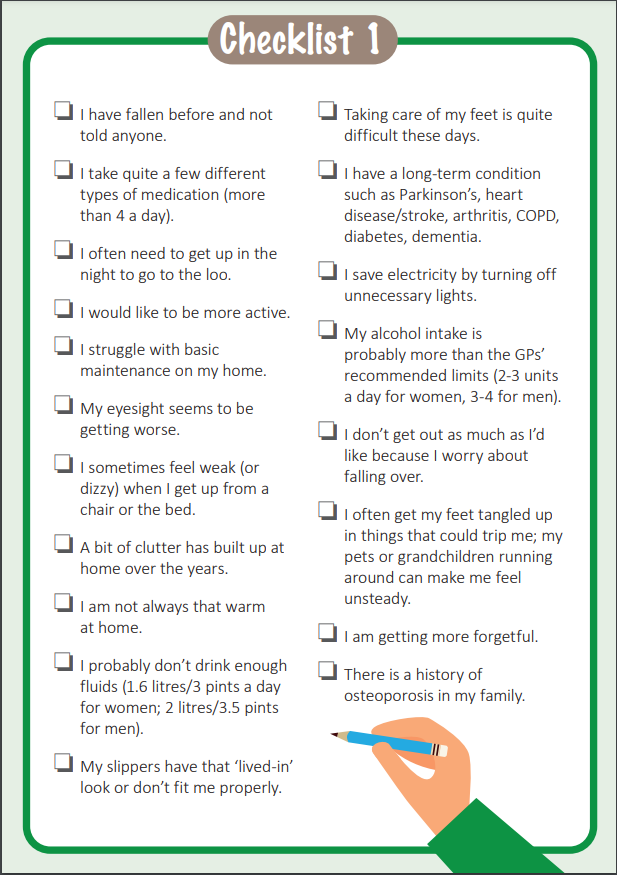What are Interventions and Support?
NHS England’s Anticipatory Care Interventions Framework provides a comprehensive, but not exhaustive, list of interventions and support that can be provided across the system. These are recommended interventions planned locally and tailored to an individual’s needs and preferences.
They can be clinical and non-clinical and include health services, social care and services provided by the voluntary sector. In line with the aim of delivering integrated, personalised care, they can also include wider support, such as housing services.
How do you do it?
The Anticipatory Care Interventions Framework aims to provide a structure that can be used to plan and develop a range of interventions and support as part of someone’s care.
Options should be discussed and agreed with the individual and, if something isn’t working for them, they can speak directly to their care co-ordinator about making changes to the agreed care.
The national framework divides interventions into 15 broad categories under 3 main areas as follows:
Living Well
- Understanding and managing health better
- Behaviours to improve health and wellbeing
- Enabling movement and physical activity
- Better diet, nutrition and healthy weight
General Support
- Social Prescribing
- Regaining skills and functional ability
- Support with issues related to the home environment
Targeted Support
- Mental wellbeing, loneliness and isolation
- Reducing the risk of falls and fractures
- Support with cognitive and memory problems
- Managing medications safely and effectively
- Continence support and avoiding urinary tract infections
- Addressing specific conditions, pain and symptoms
- Treatment and support for alcohol, tobacco and other drug dependence
- Palliative and End of Life Care
Useful tools
Here are some practical tools to help you with intervention and support.


